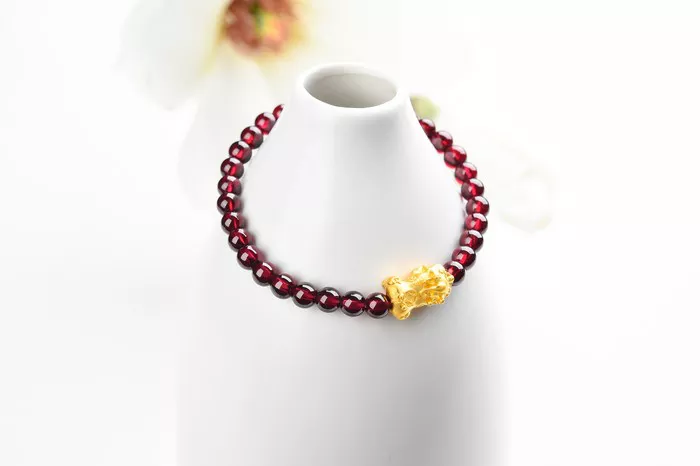Pandora, renowned for its widely popular and affordable sterling-silver charm bracelets, has taken a significant environmental stride by announcing its exclusive use of 100% recycled silver and gold in its collections. As the globe’s largest jewelry company by volume, with over 100 million pieces sold annually, this move underscores a commitment to reducing its environmental impact.
In an interview, Pandora’s Chief Executive, Alexander Lacik, emphasized the company’s aspiration to lead by example, stating, “If we can make positive contributions to society through our use of recycled gold and silver, it means anyone can do it.” This shift not only aligns with environmental consciousness but also signifies a departure from traditional mining practices, reducing greenhouse gas emissions associated with the extraction of new materials.
Mining, known for its energy-intensive and resource-demanding processes, often contributes to environmental degradation and mercury pollution. By choosing recycled metals, Pandora aims to achieve a substantial reduction in its carbon footprint. The company cited statistics from the World Gold Council and other sources, indicating that recycling gold reduces emissions by approximately 99%, while recycling silver reduces carbon emissions by about 66%, compared to traditional mining.
Pandora’s commitment follows a growing trend in the industry, with other brands like Prada and Monica Vinader also incorporating recycled metals into their products. However, industry observers, including Tiffany Stevens, CEO of the Jewelers Vigilance Committee, caution that the term “recycled” may not always provide clear information about the origins of the metals.
Stevens highlights concerns about the term “recycled” creating a misleading impression of environmental friendliness without specifying the metals’ sources. Organizations like the Jewelers Vigilance Committee have called on the Federal Trade Commission (FTC) to revisit guidelines on environmental marketing to ensure accurate representation.
While some argue that recycled gold may exclude small-scale miners from the supply chain, Pandora’s Lacik asserts that the company prioritizes addressing climate issues. The shift to using recycled metals is part of Pandora’s broader sustainability efforts, following their move to lab-grown diamonds in 2021.
Pandora, with plans to invest approximately $10 million annually in recycled metals, acknowledges the higher cost compared to newly mined materials. However, Lacik emphasizes the company’s willingness to absorb this cost in alignment with its commitment to sustainability, acknowledging that consumers are primarily driven by design and price, with sustainability considerations coming into play for a select few.


